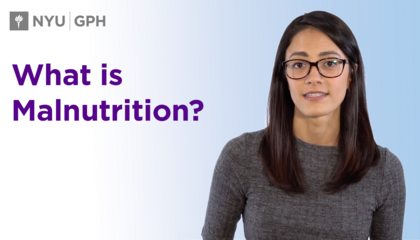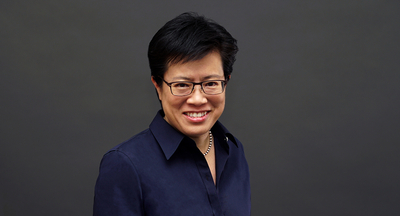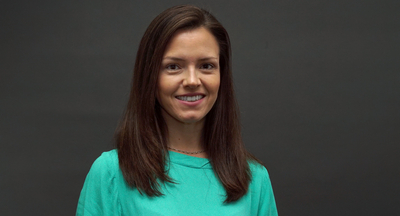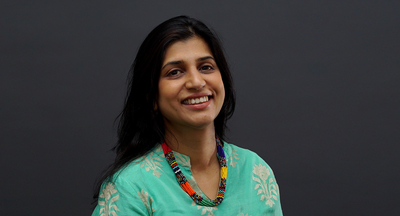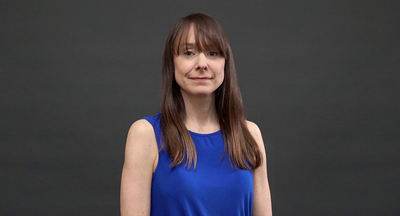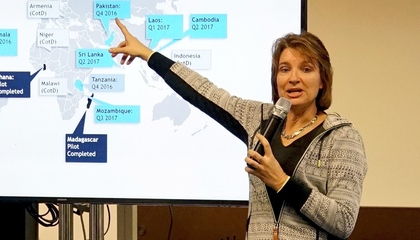Malnutrition is a universal issue that no country in the world can afford to overlook. But what is malnutrition? It is the result of lack in proper nutrition - this could be not having enough to eat, not having access to nutritious foods, or having imbalances in types of food eaten. According to the World Health Organization as of 2016, about 1.9 billion adults worldwide are overweight, 460 million are underweight, 41 million children under 5 are overweight, 159 million are stunted, and 50 million are wasted. Those working in public health nutrition conduct research, develop programs, and advocate for political reform to reduce these numbers. They acknowledge that work must be done at the individual, community, city, state, and country level.
Labs & Clubs
SocioEconomic Evaluation of Dietary Decisions (SEED) Program
The Socio-Economic Evaluation of Dietary Decisions Program is a research collaboration between the NYU School of Medicine and the NYU College of Global Public Health that aims to combat obesity, reduce health disparities, and impact international and domestic food policy by informing policymakers and organizations in the US and global communities with empirically-supported guidance on improving the world’s diet.
According to program director Dr. Marie Bragg, researchers have demonstrated that food companies create a “health halo” around foods that might otherwise be perceived as unhealthy. The SEED Program has conducted web-based studies that examine how people react to products based on what information or health claims are placed on the package; how adolescents perceive racially/ethnically-targeted food and non-alcoholic beverage marketing; the effects of food and beverages endorsed by celebrities and athletes; and studies that examine the nutritional quality of food and beverages endorsed by popular music celebrities and athletes. The implications of Dr. Bragg’s research have been used to support public policy such as the Healthy Happy Meals Bill and the Sodium Warning Label.
Nutrition Without Borders Club
Nutrition Without Borders' (NwB) mission is to increase student involvement in domestic and global nutrition issues through advocacy, research, volunteering, and outreach, starting with New York University’s College of Global Public Health (GPH) community. NwB offers opportunities for students of all concentrations to explore their interest in public health nutrition through field trips to local organizations, attendance at nutrition- and food-related conferences, and professional development panels and workshops. Examples of past events include helping to build a hydroponic farm for a food pantry, attending the JustFood conference, and hosting a student internship panel.
Faculty at GPH
Virginia W Chang
Andrea L Deierlein
Niyati Parekh
Jennifer Pomeranz
The thing about nutrition that most people don’t realize is that it affects every aspect of our lives. Your diet affects how you feel physically, mentally, it affects the severity of the symptoms that you have when you’re ill. It affects how susceptible you are to getting a disease.
